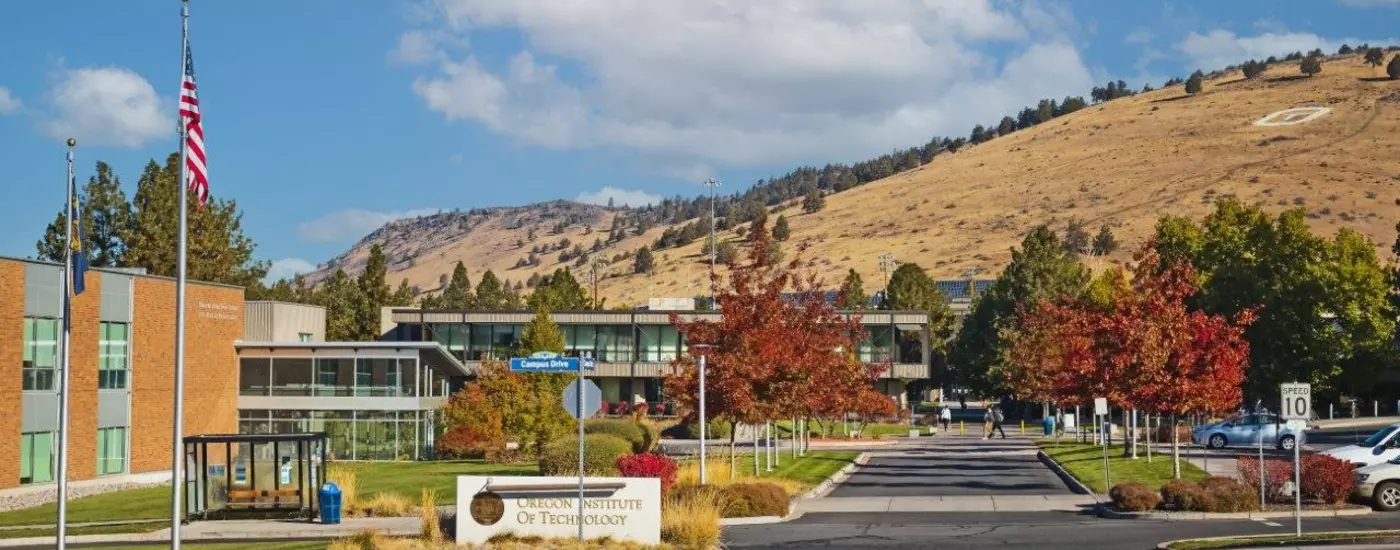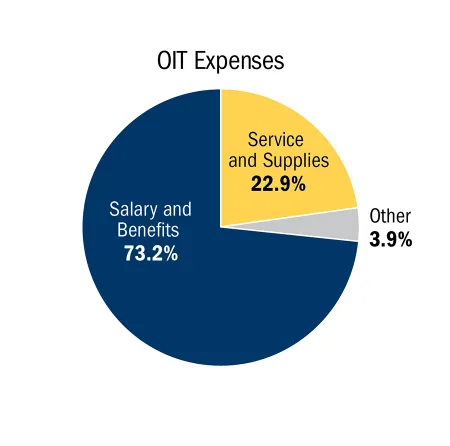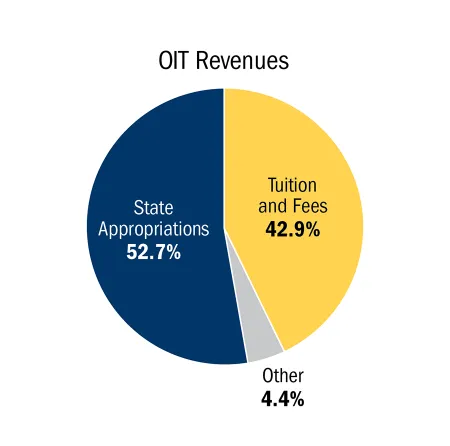
Update
Oregon Tech
Bargaining Update
August 14, 2025
August 8 Session
What happened: After holding two separate bargaining sessions in July over the course of five days, representatives of the Oregon Tech chapter of the American Association of University Professors (OT-AAUP) and Oregon Tech met for more than 12 hours on Thursday, August 8 and reached a tentative agreement on a new five-year contract late that evening.
Details of the economics and highlights of key non-economic pieces are below.
Economics:
Oregon Tech committed to adjusting faculty median salaries to raise them near the 25th percentile benchmark based on CUPA-HR data for disciplines with similar Classifications of Instructional Programs. This adjustment will be implemented in two steps (40% of the total adjustment in 2026 and the remaining adjustment in 2027). For instance, a faculty member whose salary required a $3,000 adjustment will receive $1,200 of that total in 2026 and the remaining $2,800 in 2027.
9/15/25 2.0% across-the-board, plus equity adjustments for certain faculty members.
1/1/26 40% of the base salary adjustment.
1/1/27 Remaining 60% of the base salary adjustment.
1/1/28 3.0% across-the-board.
9/15/28 3.0% across-the-board, plus up to 1.0% merit
9/15/29 3.0% across-the-board, plus up to 2.0% merit
- Maintained the status quo with respect to health and retirement benefits.
- Revamped the article on professional development by permitting individual accounts, and payment of professional memberships.
Non-Economics:
- Obtained a 5-year contract, joining only OSU as the other public university with a 5-year faculty contract.
- Maintained the current language in the articles on management rights and retrenchment.
- Maintained flexibility and merit in the article on compensation to secure incoming talent and reward current performers.
- Improved the workload article, making it more attractive to incoming and current faculty to develop new courses and engage in research.
- Provided non-tenure track faculty with 2-year rolling contracts and sabbatical eligibility.
- Implementing a task force to review the current merit system and make recommendations for an improved system.
What’s next: OT-AAUP will begin the ratification process with its members, which is expected to conclude by the end of August. Once ratified by membership, all agreed upon terms in the tentative agreement will become effective. In the meantime, representatives from OT-AAUP and Oregon Tech will immediately begin the drafting process by updating the current contract with the agreed upon changes.
Contact Us
All Locations
Previous 2025 Sessions
Background Facts
- AAUP includes 139 faculty members
- Current Contract Healthcare Benefits: 95-97% of the cost of healthcare is paid by OIT depending on the plan selected.
Current Faculty Contract Salary Increases | ||
|---|---|---|
| Year | Base Salary Increase | Merit Based Pool |
| 2020 | 2% | |
| 2021 | 3% | |
| 2022 | 2.50% | |
| 2023 | 1% | 1% |
| 2024 | 1% | 1% |
| 2025 | 1.50% | 1.50% |
| Contract total | 11% | 3.50% |
Average salary of faculty on 9-month contract | |
|---|---|
| Professor | $99,393 |
| Associate Professor | $76,440 |
| Assistant Professor | $66,409 |
Average salary of faculty on 12-month contract | |
|---|---|
| Professor | $101,935 |
| Associate Professor | $99,127 |
| Assistant Professor | $75,947 |

OIT Expenses
- Salary and Benifits 73.2%
- Service and Supplies 22.9%
- Other 3.0%

OIT Revenues
- State Appropriations 55.7%
- Tuition and Fees 42.9%
- Other 4.4%
Frequently Asked Questions
- When will bargaining be done?
- When both parties agree to a new contract.
- Who is represented by the union?
- 130 faculty members
- Is there a chance they will strike?
- The union has that option if a new contract is negotiated, but not until after the statutory requirements are fulfilled, which would likely not be until sometime in August.
- What does the union want?
- Please refer to the latest proposals from both parties above.
- What factors impact negotiations?
- There are many factors, including the increased costs of healthcare, overall revenue and expenses, and student enrollment (see facts above).
- Can I watch the sessions online?
- Observers can be present in the main bargaining room. Advance notice of virtual observers must be given to Oregon Tech, are limited in number and must use their Oregon Tech credentials to log-on to the virtual platform. We will provide updates on this website following each session.






